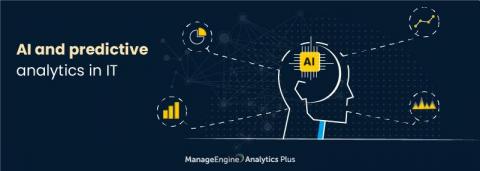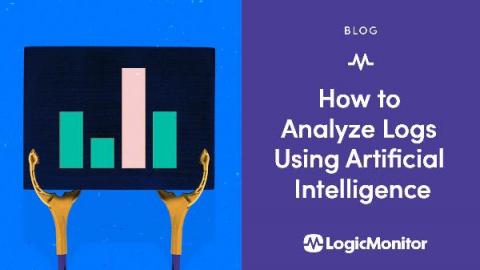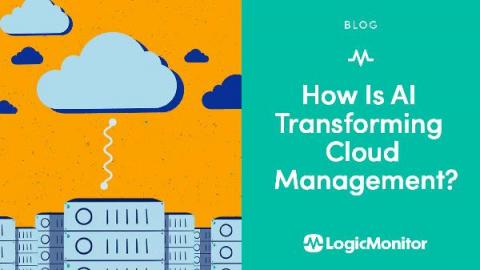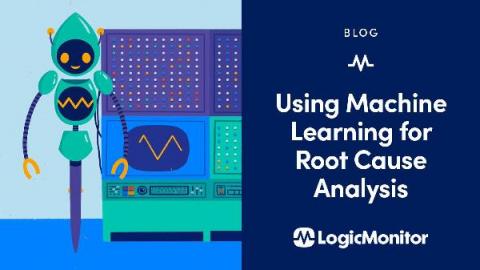Operations | Monitoring | ITSM | DevOps | Cloud
Latest News
JFrog Support Providing Next Level Artificial Intelligence (AI) Experience
Leverage AI and predictive analysis to cut costs and eliminate downtime
With the promise of unprecedented potential, artificial intelligence (AI) and predictive analytics have permeated into every field of business. Due to their ability to help retail staff serve customers better, personalize video recommendations based on users’ preferences, reduce employee churn, and detect fraud and security threats, AI and predictive analysis are rapidly being adapted across industry verticals.
How to Analyze Logs Using Artificial Intelligence
As your tech stack increases, every new device (network devices, servers, applications) creates a large amount of distributed log data. This forms part of what is called “machine data”, which is growing 50x faster than traditional business data. In fact, everything in your stack is continuously writing new events to your log files, including error logs that contain a record of critical errors encountered by a running application, operating system, or server.
How Is AI Transforming Cloud Management?
In 1927, the world was introduced to the origins of Artificial Intelligence (AI) in the form of a robot in the movie Metropolis. Throughout nearly a century since then, movies have continued to iterate on the complexities of AI, as both a fun take on it and serious commentary on the potential concerns and consequences. This is all well and good, but as AI has continued to evolve, we find ourselves asking, “how can we actually use this to make our lives easier?”
IT just got smarter
Every company in the world needs to reduce risk and uncertainty in its IT operations, ITOM. The best way to do that is by combining AI and digital workflows. It’s all about applying machine learning to operational data so that you can generate insights about potential system issues, and then launch automated workflows that resolve problems fast—ideally, before they impact customers. Today’s partnership announcement between IBM and ServiceNow is great news for enterprise customers.
Using Machine Learning for Root Cause Analysis
From a security breach to a complete system outage, when an incident occurs and your network or service is impacted, it’s typically the result of a chain of events. A problem with one service has impacted another service, and so on until finally, you’re facing a problem that’s compromising availability and damaging your customer experience. In the event of a serious incident, your team’s immediate response is to focus on identifying the root cause and restoring service.
IT Pros on the Future of Automation and AI in ITSM
A Deep Dive into Machine Learning in Flux: Naive Bayes Classification
Machine learning — the practice of writing algorithms that improve automatically through experience — has become a buzzword nowadays that connotes to something otherworldly and on the bleeding edge of technology. I’m here to tell you while that may be true, getting started with machine learning doesn’t have to be hard!
Five worthy reads: Ethical AI: Why is it the need of the hour?
Five worthy reads is a regular column on five noteworthy items we have discovered while researching trending and timeless topics. This week, we highlight the urgent need for ethical AI due to increased adoption of AI enabled technologies by businesses during the COVID-19 pandemic.











